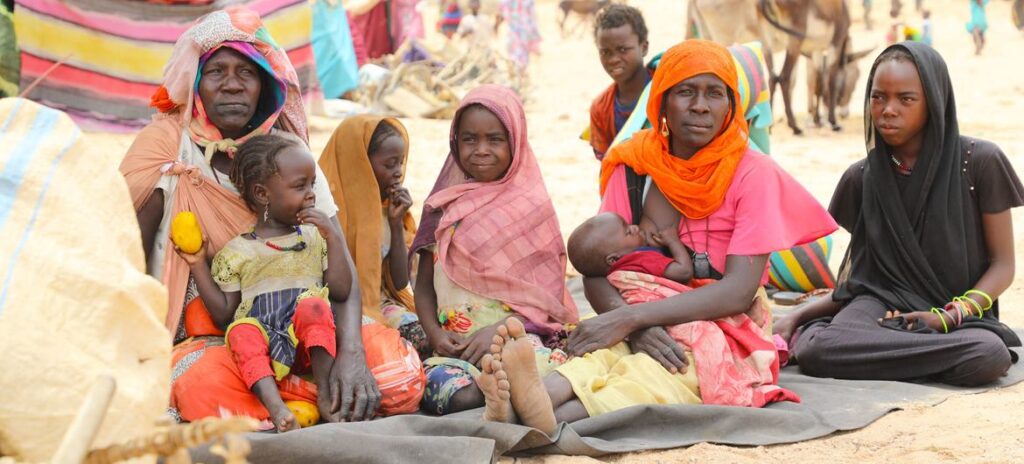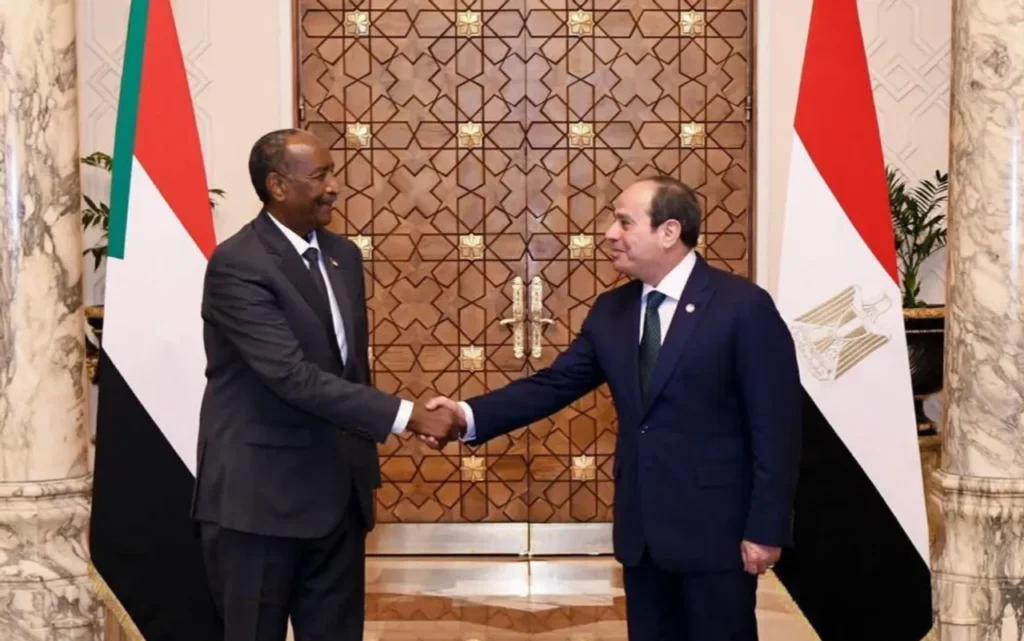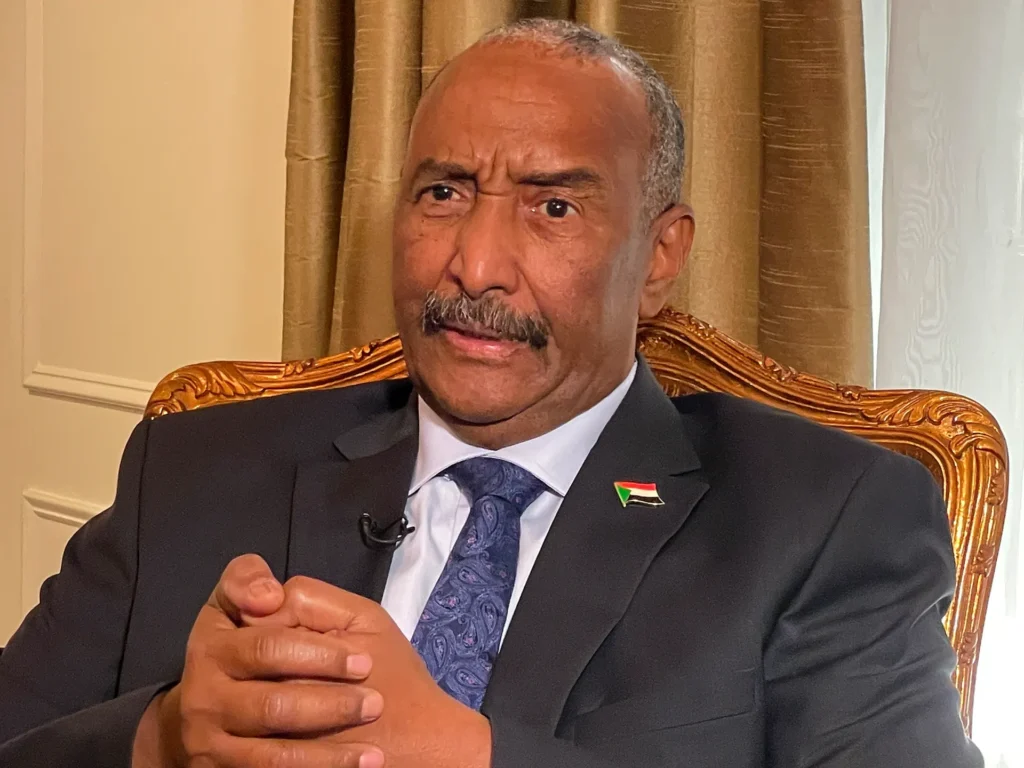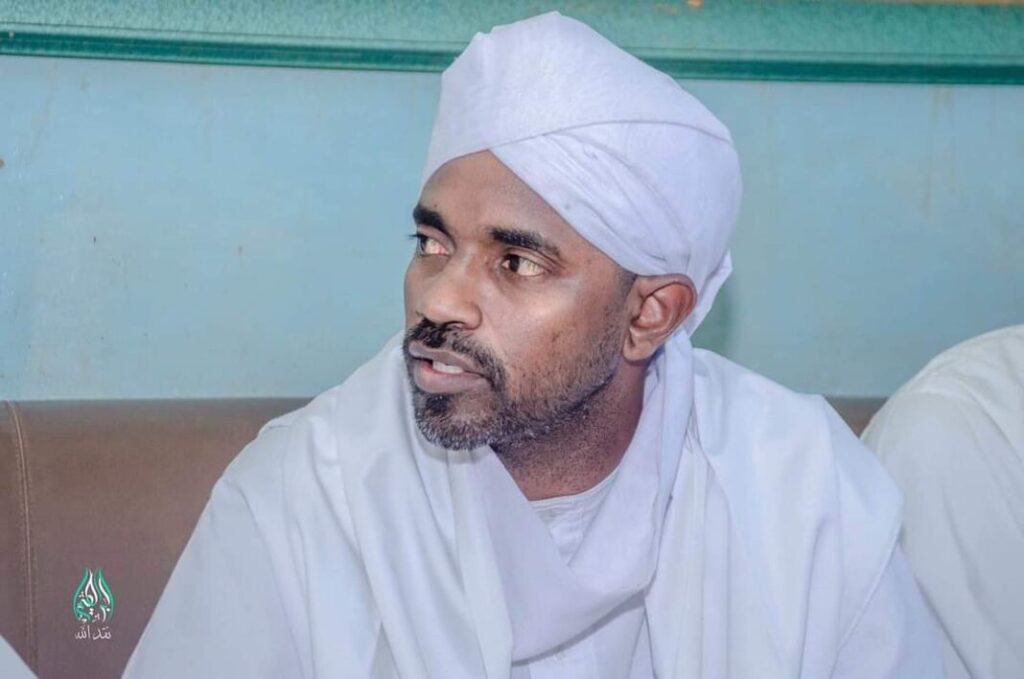
The ongoing 11-month conflict between rival generals in Sudan poses a grave threat of becoming the world’s most extensive hunger crisis, cautioned the United Nations’ World Food Programme (WFP) on Wednesday.
The war, pitting army chief Abdel Fattah al-Burhan against his former deputy, Mohamed Hamdan Dagalo, leader of the Rapid Support Forces, has resulted in tens of thousands of casualties, extensive infrastructure damage, and a crippled Sudanese economy.
With over eight million people displaced, in addition to two million already displaced before the conflict, this crisis stands as the world’s largest displacement scenario.
WFP Executive Director Cindy McCain emphasized that “millions of lives and the peace and stability of an entire region are at stake now.”
While recalling the global response to the hunger crisis in Darfur two decades ago, McCain noted that today, the people of Sudan seem to have been forgotten.
The Rapid Support Forces and the army are both accused of indiscriminate shelling of residential areas, targeting civilians, and obstructing essential aid.
The WFP currently faces challenges in accessing 90 percent of those experiencing “emergency levels of hunger.” Only five percent of Sudan’s population “can afford a square meal a day,” the organization reports.
Transit camps in South Sudan, housing 600,000 Sudanese refugees, depict a grim scenario where arriving families, already hungry, are met with more hunger, according to the UN food agency. One in five children crossing the border is malnourished.
Across Sudan, 18 million people are grappling with acute food security, with five million at catastrophic levels of hunger, marking the highest emergency classification just short of famine.




